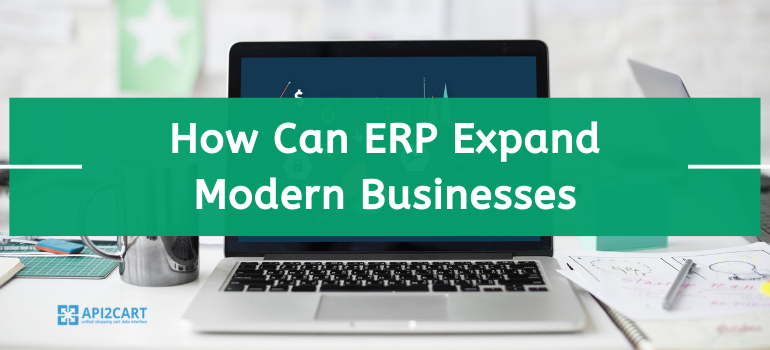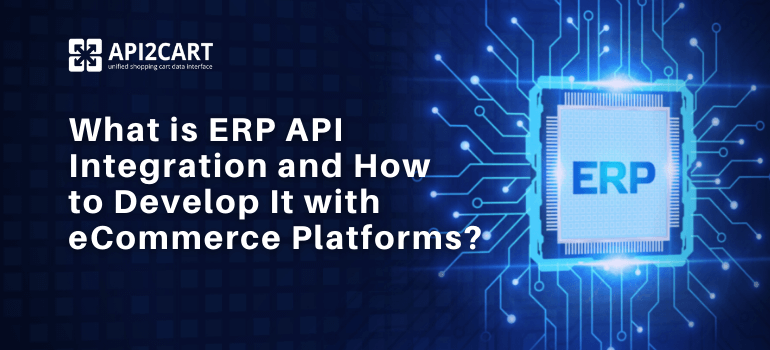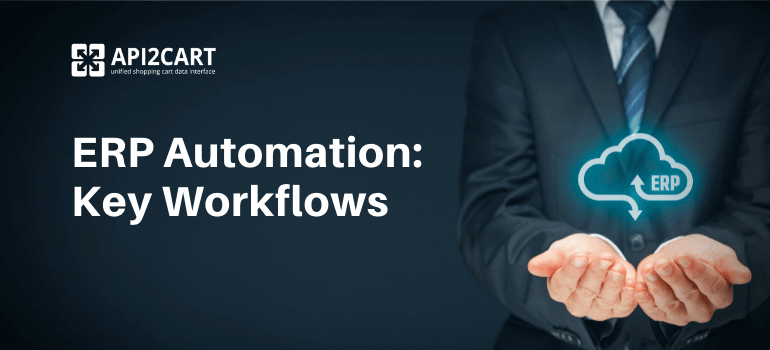
When every website seems to have its own definition and idea for how ERP can and should be implemented, what can you do to make sense of things? While ERP solutions know their own value and see this success in real-time, how exactly does this translate to modern businesses?
The better businesses understand ERP, the more ability these solutions have to transform businesses from all industries. This is more than just a buzzword. It’s a call to arms to evolve and expand the business from the ground up.
What exactly does ERP mean not just in theory, but also in practice? According to Oracle, ERP isn’t any single thing. It’s all of the various processes involved with running a business today.
Things like accounting, inventory, order management, human resources, etc. How does ERP fit into all of these processes and tie them together? It’s any type of modern software that integrates all of these functions into a single system, thus streamlining the business process for all members of an organization.
Ultimately, ERP software is one of the most valuable resources a company can invest in. Yet, businesses can’t just rush into the first ERP they come across. They need a strategy if they want the ERP to be used to its full potential, and this means diving deeper into the needs of each individual business. In this guide, we’ll uncover how enterprises can use ERP software to expand their business as well as identify what type of ERP solution is the best for each individual company.
When Do Businesses Need an ERP Solution?
Many businesses struggle to recognize when they’re in desperate need of an ERP solution. It might not always be obvious, and the answer might surprise enterprise leaders. While it’s true that just about any organization can benefit from an ERP, it’s usually best for businesses that are already in a period of growth.
Why exactly do businesses implement ERP? Here are the top reasons:
- They have a growing, loyal customer base
- Customers are asking them to grow their offerings
- They have a strong team of employees
- Their market is growing
- They have more business than they can handle
- They have operational systems in place
If the organization has any of these pressures, it’s time for an ERP solution. These solutions aren’t a one-size-fits-all magical cure for business troubles, so make sure there is a solid foundation before introducing one into an unsuspecting work environment. As long as the company has clear expectations and you’re ready to grow, it’s time to start your search.
How Does ERP Grow Business?
Now let’s answer the main question. How does ERP actually help businesses grow? If businesses use the right approach, they can see growth in a variety of different ways. Again, it will depend on the current systems in place and how organizations and leaders leverage the right solution. A startling 96% of growing businesses who excel in their industry rely on some kind of ERP system.
What exactly can these systems do? While there are technically no limitations, here are their most common benefits that appeal to all industries today:
- Information flow - Are various departments communicating effectively? An ERP solution manages this communication so that every department has the status and information they need.
- Consumer data - We’re entering a new age of big data, so businesses need a system that can keep up with their real-time consumer numbers.
- Customer support - Even if the organization is a B2B business, it still needs a customer-focused mindset. ERP software helps manage customer relationships for stronger growth.
- Track your resources - It’s not always easy to keep accurate track of cash flow, materials, and capacity. These are the things that make a business run smoothly, and an ERP solution helps with real-time updates about where a business stands.
- Security - It’s no longer possible to ignore security. No matter how big or small a company is, it needs to pay close attention to how data and information are protected. ERP solutions provide top-notch security features and logging to ensure business data is always secure. All things analytics and app security should be a priority.
- Security - They have operational systems in place
- Productivity - Last but not least, with an ERP software solution businesses can work smarter not harder. If an organization feels stretched thin as a company, this type of resource planning can help avoid excess waste with both material and time. Because the team is freeing up tasks that would have been time-consuming, there is more time for growth.

How to Help Businesses Choose the Right ERP Software
Finally, let’s talk about how to help businesses choose the right ERP software for their needs. Once organizations know what to expect, they’re fit to make the right decision. Unfortunately, despite customer satisfaction with ERPs going up, satisfaction with overall implementation is at a staggering 42%. That means business leaders need to manage digital transformation with the right software.
To make the right choice, businesses first need to conduct their own review of the current business process. What are their strengths? Their pain points? Then, think about what they’d like this new process to look like in the future. Leaders can list their must-haves at this point, and this is a great starting point for talking to vendors.
Next, consider the technological infrastructure. What systems are already in place? While this isn’t just a technological initiative, the company should have a solution that aligns with its current systems for a smooth transition.
Finally, businesses need to create an implementation plan. This plan needs to be realistic, and it should be comprehensive. This goes beyond simply installing the software on the company network. It should include the costs and resource commitments of making this project a success, and it’s important to include all aspects of bringing the ERP solution into a workspace.
As long as companies prepare with the right strategy before making a decision, they’re in a good place for success. While vendors might know their product, they’re also trying to sell companies on a solution that’s hopefully best for their needs. The more the company understands their expectations, the better everyone will be.
ERPs Today and in the Future
Today, ERPs are the new normal. As they continue to develop their offerings, they’re only going to become more common. It’s important for businesses to adapt to the latest in digital transformation if they want to make more time for growth and positive change.
However, realize that ERPs are far from a one-size-fits-all solution. They’re excellent when used wisely, but they can’t solve fundamental issues in your business. As long as businesses have the right foundation and structure, they’re ready to consider their own ERP solution.
If you are ERP service providers, then you know how important the integration with eCommerce platforms for your system is. Usually getting connected to each such platform requires a lot of time and money spent on it, thus the better and optimal solution is to use ready-made integration platform such as API2Cart. It allows your system to integrate with 40+ shopping carts and marketplaces such as Shopify, Prestashop, Magento, eBay, Etsy, Amazon, and many others via only one API integration. You will be able to easily retrieve, add, update and manipulate needed store data such as orders, products, customers, categories, etc.
Contact us to get more details or start a free trial to see how easily integration with 40+ popular eCommerce platforms can be.



